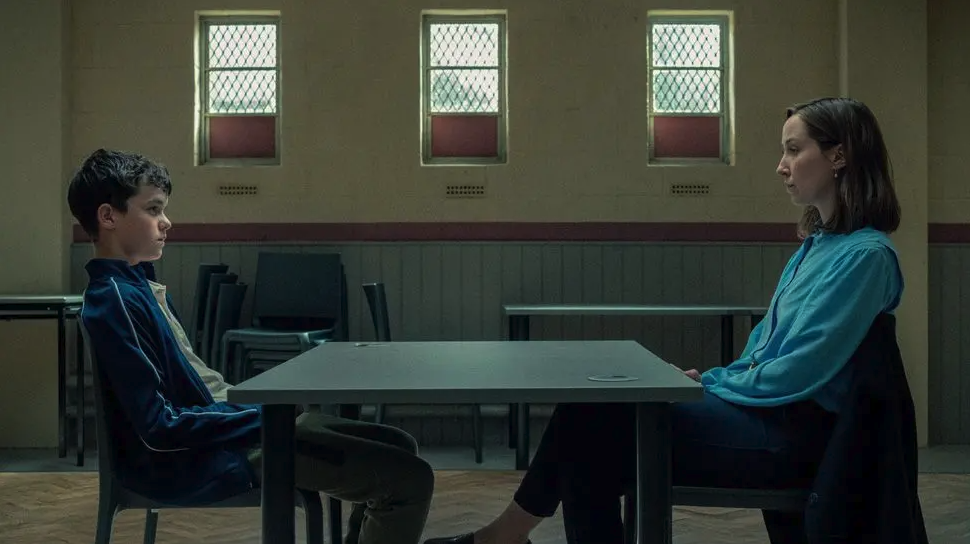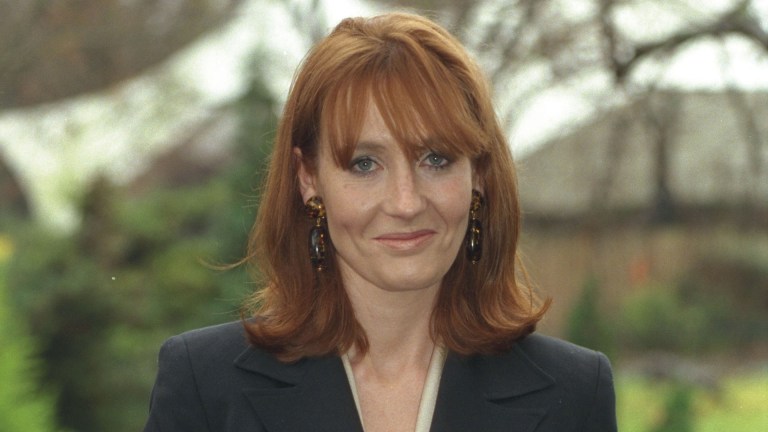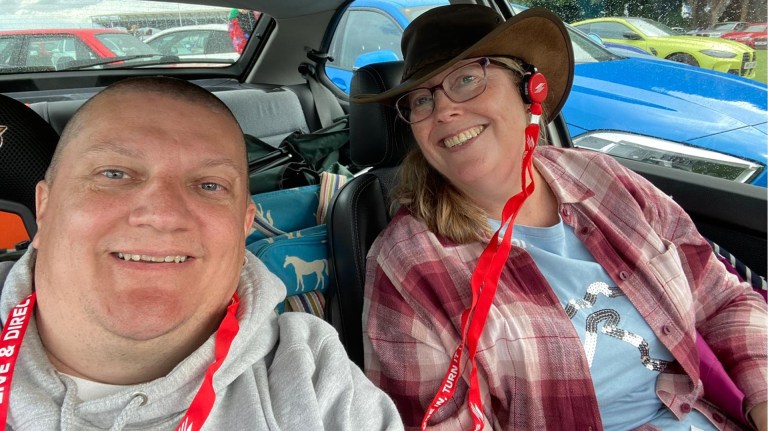Adolescence is a gripping portrayal of how young people often searching for a sense of community or belonging can find themselves pulled into toxic subcultures online. It sheds light on a disturbing process: how seemingly ‘innocent’ discussions, memes, and viral posts can subtly brainwash vulnerable minds, leading them down a path of radicalisation and, ultimately, real-world violence.
The rise of social media has radically transformed the way we interact, communicate, and consume information. Platforms like Reddit, 4chan, and TikTok are now central to how we share ideas, form communities, and shape our identities. However, as Adolescence shows, these platforms have also become breeding grounds for some of the most harmful ideologies of our time, including misogyny, far-right extremism, and incel culture. The show serves as a warning – highlighting how social media acts as a warped filter of reality, distorting the worldview of its users, especially the young and impressionable.
What’s particularly chilling is how these harmful ideologies spread in ways that are often difficult to identify: the language used within these online spaces is often subtle with seemingly harmless “jokes” or memes that conceal deeply ingrained and dangerous beliefs.
Individuals are often so deeply embedded within the toxic environment though that they struggle to even recognise the radicalisation process – making it even harder to remove themselves from the grip of such harmful places.
Unchecked social media is reinforcing harmful narratives
One of the most insidious aspects of social media today is the unchecked, algorithm-driven model that powers these platforms. Algorithms, designed to maximise user engagement, prioritise content that generates strong emotional reactions, whether outrage, fear, and anger. It’s no surprise, then, that these platforms amplify extreme ideologies that play into these emotions, creating echo chambers where harmful narratives are reinforced and normalised.
The online world is rife with groups that radicalise young minds, often under the guise of “alternative” or “countercultural” communities on widely accessible platforms including 4chan, Reddit, Discord, and TikTok. While incel culture may be the most prominent example, other spaces such as white supremacist forums, far-right groups, niche subgroups that glorify violence, promote paranoia, or even the disturbing rise of ‘AI Lovers’ (virtual companions created through artificial intelligence) – all contribute to these digital environments that reinforce harmful notions of objectification, control, and detachment from authentic, healthy human relationships.










